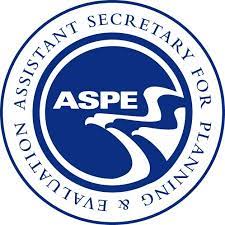Waters, Annette. Ghertner, Robin. Baston, Pamela. Meyers, Kathleen.
United States. Department of Health and Human Services. Assistant Secretary for Planning and Evaluation. Office of Human Services Policy. 2022
This report summarizes an environmental scan and series of key informant interviews describing the
challenges that human services programs face in identifying participants with substance use disorders (SUDs) and subsequently referring them to treatment. The review focused on child welfare services, domestic violence services, Head Start, and Temporary Assistance for Needy Families. The results supported an expert roundtable held in September 2021, focused on identifying promising practices to screen participants for SUD and refer them to treatment. Among the main barriers these human services programs face in supporting participants with SUD are the following:
• Limited formal collaboration with SUD treatment providers, which can delay access to treatment, lead to
referrals to treatment programs that are not well-matched to the client’s needs, and other challenges.
• Barriers to formal collaboration, including financial disincentives, differences in priorities between SUD
treatment providers and human services programs, and privacy rules.
• Participants’ fear of reprisal for disclosing a SUD, and agency concern that participants will disengage from services as a consequence.
• Workforce challenges in human services programs, including limited knowledge or experience working with SUD treatment, stigma against people with SUD, and inconsistent follow-up to support participants in accessing and adhering to treatment.
• Limited access and availability of effective treatment.
• Limited supportive services to facilitate treatment, such as child care and transportation.
• Challenges of financing treatment and navigating private or public health insurance.

